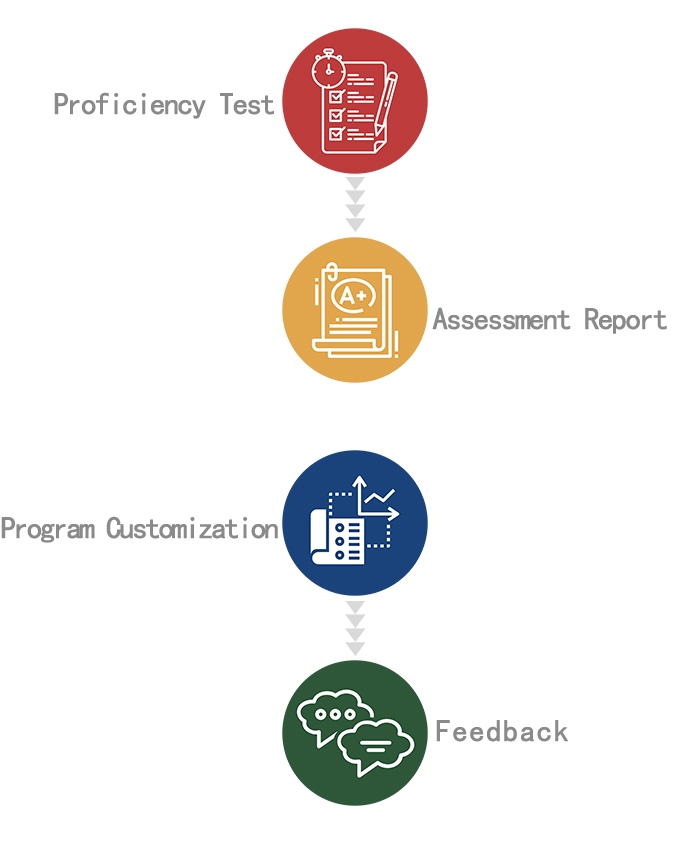College Board’s Advanced Placement? Program (AP?) enables willing and academically prepared students to pursue college-level studies—with the opportunity to earn college credit, advanced placement, or both—while still in high school. Through AP courses in 38 subjects, each culminating in a challenging exam, students learn to think critically, construct solid arguments, and see many sides of an issue—skills that prepare them for college and beyond.
Taking AP courses demonstrates to college admission officers that students have sought the most challenging curriculum available to them, and research indicates that students who score a 3 or higher on an AP Exam typically experience greater academic success in college and are more likely to earn a college degree than non-AP students.
Each AP teacher’s syllabus is evaluated and approved by faculty from some of the nation’s leading colleges and universities, and AP Exams are developed and scored by college faculty and experienced AP teachers. Most four-year colleges and universities in the United States grant credit, advanced placement, or both on the basis of successful AP Exam scores—more than 3,300 institutions worldwide annually receive AP scores.
The International Baccalaureate (IB) is a global leader in international education—developing inquiring, knowledgeable, confident, and caring young people. Our programmes empower school-aged students to take ownership in their own learning and help them develop future-ready skills to make a difference and thrive in a world that changes fast.
Primary Years Programme
The PYP marks the start of a lifelong journey. It develops caring and culturally aware children aged 3 – 12 to become active participants in their own learning.
Middle Years Programme
Building a solid academic foundation, the MYP develops students’ confidence in managing their own learning and making connections between their learning in the classroom and the real world.
Diploma Programme
A future-ready programme that builds students’ inquiring mindset, fosters their desire to learn, and prepares them to excel at their careers and lead meaningful lives.
Career-related Programme
A unique programme for students in their final school years. It equips them with future-ready skills and prepares them to follow their career pathways—combining academic subjects with their own professional interests.
The General Certificate of Education Advanced Level, or more commonly, the A Level, is a school leaving qualification offered by educational bodies in the United Kingdom and the British Crown dependencies to students completing secondary or pre-university education. A number of countries, including Singapore and Mauritius have developed qualifications with the same name as and a similar format to the British A Levels. A Levels are generally worked towards over two years and split into two parts, with one part studied in each year. The first part is known as the Advanced Subsidiary Level, or AS Level. The second part is known as the A2 Level. The AS Level is a qualification in its own right, and the AS Level combined with the A2 Level forms the complete A Level qualification.
The International General Certificate of Secondary Education is an English language based examination similar to GCSE and is recognised in the United Kingdom as being equivalent to the GCSE for the purposes of recognising prior attainment. It was developed by University of Cambridge International Examinations. The examination boards Edexcel and Oxford AQA also offer their own versions of International GCSEs.
Students normally begin studying the syllabus at the beginning of Year 10 and take the test at the end of Year 11. However, in some international schools, students can begin studying the syllabus at the beginning of Year 9 and take the test at the end of Year 10.
The International General Certificate of Secondary Education is an English language based examination similar to GCSE and is recognised in the United Kingdom as being equivalent to the GCSE for the purposes of recognising prior attainment. It was developed by University of Cambridge International Examinations. The examination boards Edexcel and Oxford AQA also offer their own versions of International GCSEs. Students normally begin studying the syllabus at the beginning of Year 10 and take the test at the end of Year 11. However, in some international schools, students can begin studying the syllabus at the beginning of Year 9 and take the test at the end of Year 10.

